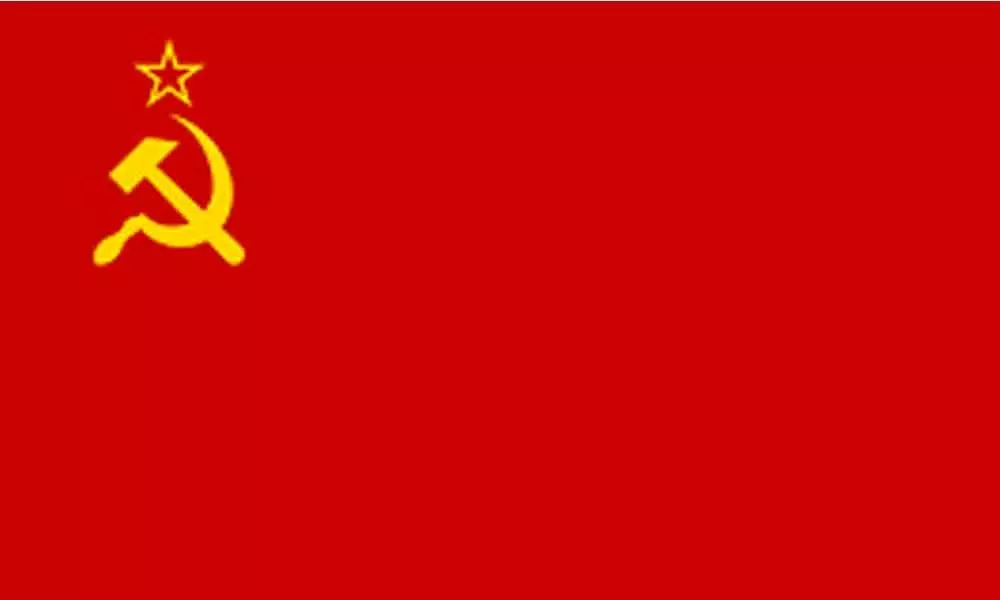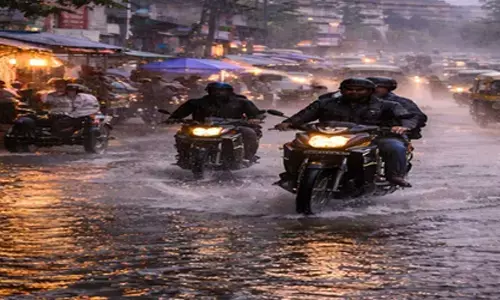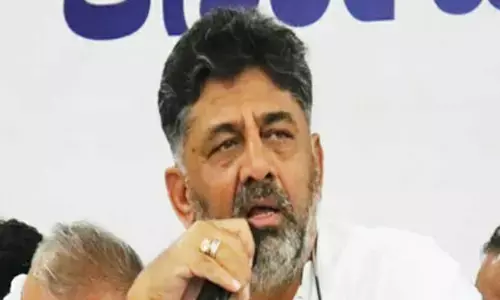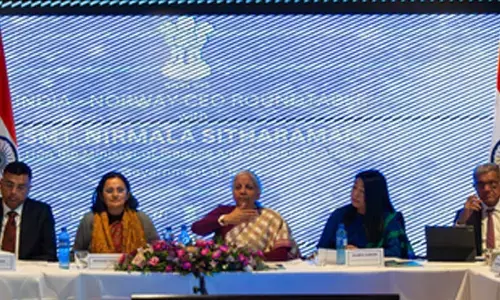Endless conflict, continuing misery

The dissolution of the Soviet Union was the process of internal disintegration within the Union of Soviet Socialist Republics (USSR), which began in the late 1980s with growing unrest in the various constituent republics, and ended on December 26, 1991, when the Supreme Soviet voted to dissolve.
The dissolution of the Soviet Union was the process of internal disintegration within the Union of Soviet Socialist Republics (USSR), which began in the late 1980s with growing unrest in the various constituent republics, and ended on December 26, 1991, when the Supreme Soviet voted to dissolve. Little peace has come to some of the countries that exited the Soviet Socialist Republic during the period and Azerbaijan and Armenia are two such nations which have been at war ever since.
There are no diplomatic relations between Armenia and Azerbaijan, largely due to the ongoing Nagorno-Karabakh conflict. The neighbouring nations had formal governmental relations between 1918 and 1921, during their brief independence from the collapsed Russian Empire, as the First Republic of Armenia and the Democratic Republic of Azerbaijan; these relations existed from the period after the Russian Revolution until they were occupied and annexed by the Soviet Union.
Due to the two wars waged by the countries in the past century—one from 1918 to 1921 and another from 1988 to 1994—the two have had strained relations. In the wake of ongoing hostilities social memory of Soviet-era cohabitation is largely repressed among citizens in both countries. Now, major military clashes have begun between Armenian and Azerbaijani forces over the disputed Nagorno-Karabakh region, with at least one Azerbaijani helicopter shot down. Armenia said Azerbaijan had launched an air and artillery attack. It later declared martial law and total military mobilisation. Azerbaijan said it was responding to shelling along the whole front. Both sides have reported civilian deaths.
The long-running conflict has flared up again in recent months. Azerbaijan announced a counter-offensive operation against Armenia and the latter also blamed the former for the fresh offensive. There is double trouble for Azerbaijan as its people have started baying for revenge against Armenia since July this year. Azerbaijani President Ilham Aliyev, meanwhile, said in a televised address to the nation that "there are losses among the Azerbaijani forces and the civilian population as a result of the Armenian bombardment".
He warned that those using intimidation tactics against his country would regret it, adding that Azerbaijan defends its lands and Nagorno-Karabakh belongs to it. In Nagorno-Karabakh, where officials also declared martial law and ordered citizens to mobilise, ombudsman Artak Beglaryan said "there are civilian casualties" among the population in the region. The worst fighting in years has raised the fear of a new large-scale war between Azerbaijan and Armenia that have been locked for decades in a territorial dispute.
The long-standing conflict between Armenia and Azerbaijan started worsening in July, when the two countries suffered their worst losses in four years. This July's clashes, however, stood out in a number of ways. They occurred not along the oft-contested Nagorno-Karabakh front line but along the borders of Armenia and Azerbaijan proper, far to the north near the border with Georgia, in an area full of critical civilian infrastructure. Both sides deployed new technology, in particular drones.
Things are not as simple as they seem to be. Turkey and Russia are eager to step in any moment and this will lead to an exacerbation of the situation. The two countries cannot afford the war. Sadly, the world does not have time to resolve such conflicts battling with its own faultlines









